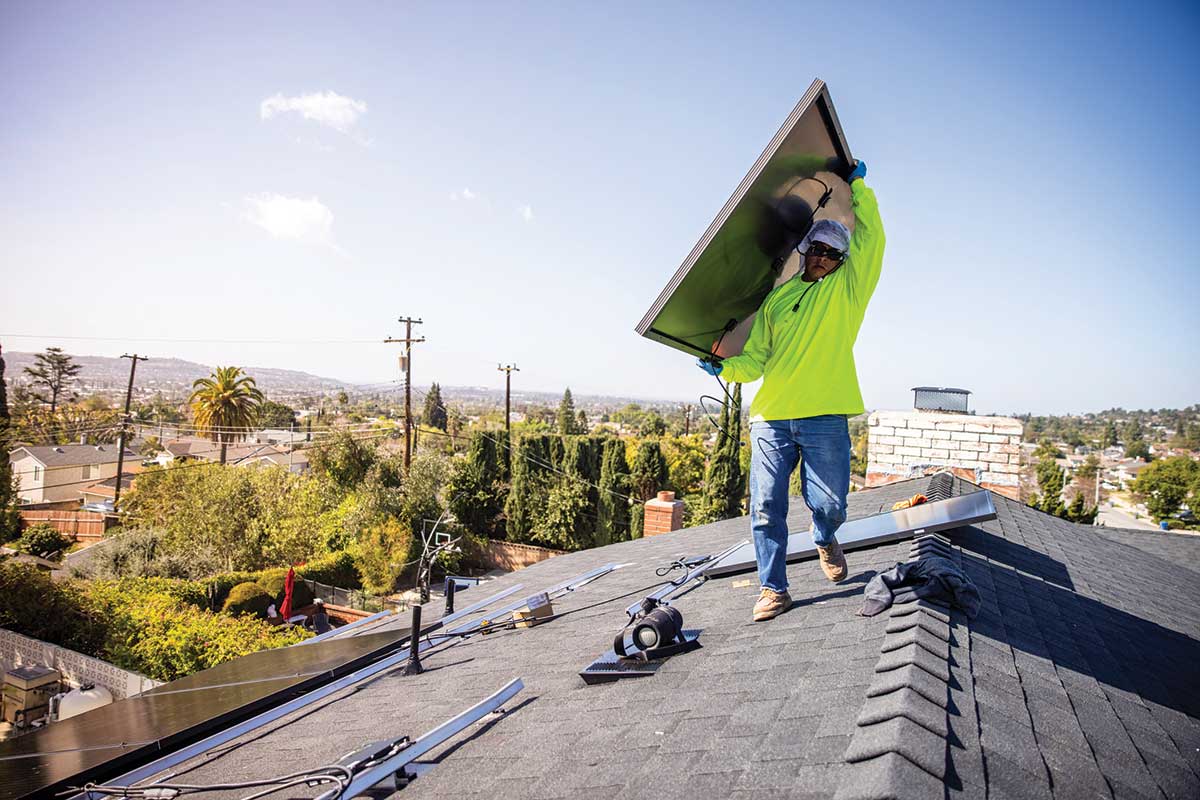Q: Is rooftop solar a good option for me?
A: Maybe. Whether and how much you will benefit from a residential solar array depends on:
- How much you pay for electricity and how much you use.
- Your roof, its orientation and any trees or shading on it.
- Federal, state and local incentives for solar development.
- Your rooftop solar provider.
Q: Is my house suitable for a rooftop solar array?
A: Maybe.
- Will you need to replace your roof sometime during the life of the panels? If so, you should replace your roof first.
- Have you explored all of your energy efficiency options? Some upgrades like heat pump HVAC units and insulation may pay for themselves more quickly than solar.
Q: Will solar panels provide electricity during an outage?
A: No. Without a battery system and a smart inverter, most rooftop arrays cannot provide power during outages.
Q: What should I know before I sign a contract?
A: It depends on whether you purchase or lease an array. If you’re purchasing a rooftop solar array, be sure to ask:
- What is the total installed (turnkey) cost of the system?
- What is the payback period? What are the assumptions underlying that estimate? Are those assumptions consistent with my situation?
- Are tax credits available? If so, how much and who gets them?
- Does the company offer warranties on panels and inverters?
- What are the details of the service contract?
- What type of maintenance do the solar panels need? Who is responsible for that?
- What are the interconnection requirements with my co-op?
If you are leasing panels in a rooftop array, be sure to ask:
- What is the upfront cost of the system?
- What are the interconnection requirements from my co-op, and who is responsible for meeting them?
Q: How can I protect myself and my investment?
A: Research.
- Are the installers certified by the North American Board of Certified Energy Practitioners to install photovoltaic systems?
- Ask for all details, promises and claims in writing and take time to review them before signing any contact.


